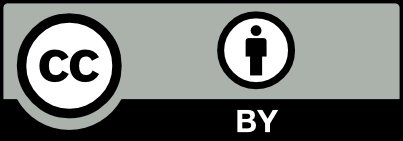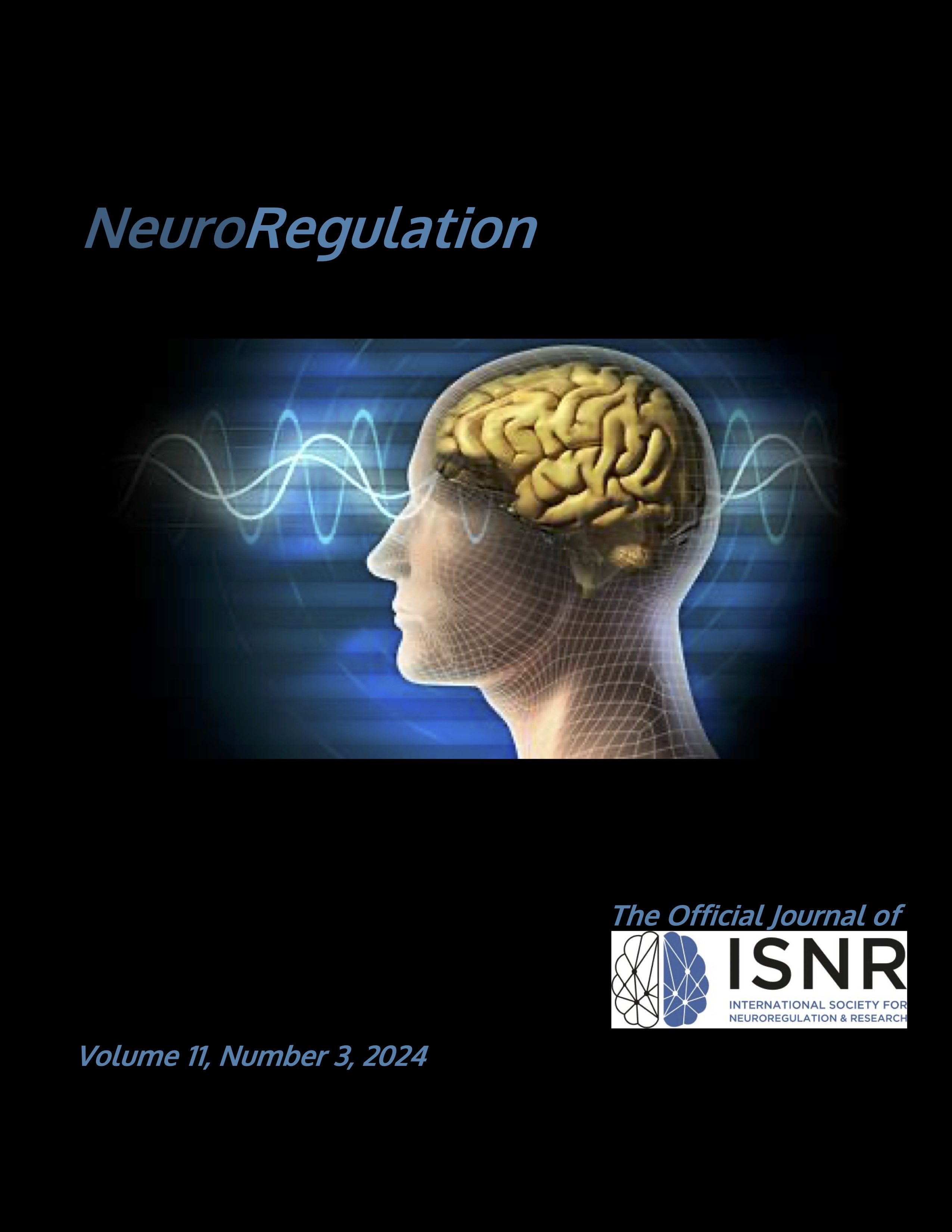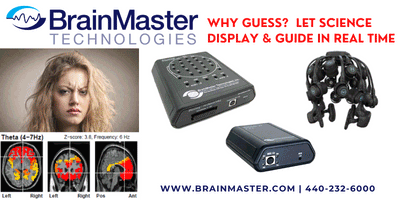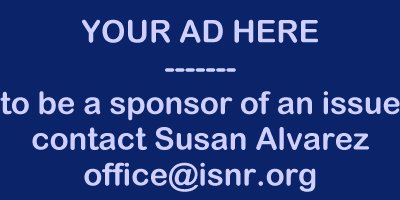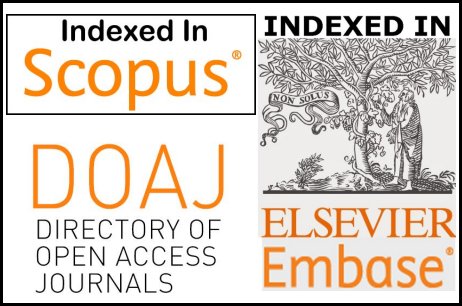Effectiveness of Neurofeedback Training in Poststroke Cognitive Impairment
DOI:
https://doi.org/10.15540/nr.11.3.296Keywords:
Post-stroke cognitive impairment, neurofeedback training, quantitative electroencephalogram, MoCA-InaAbstract
Introduction. Poststroke cognitive impairment (PSCI), characterized by cognitive deficits occurring up to 3 months after stroke, poses a substantial burden because this condition can persist and get worse over time. There has been no recommended conventional cognitive rehabilitation method that has a significant effect on cognitive improvement. Neurofeedback training (NFT) based on quantitative electroencephalogram (qEEG), emerges as a promising intervention for PSCI. However, research remains limited, necessitating further investigation into its effectiveness and clinical utility. Methods. This study assesses the efficacy of NFT in eight PSCI patients over 10 sessions (30 min/session) across 2 weeks with protocol based on qEEG for each patient. Results. Significant improvements were observed in total MoCA-Ina scores (mean increase of 2.63 points), particularly in visuospatial/executive, naming, attention, language, delayed recall, and orientation domains. Wilcoxon test indicated a significant improvement (p = .019, effect size: −0, 828) post-NFT. Multivariate analysis revealed no confounding influence of demographic and clinical factors on cognitive improvement. Conclusion. These findings highlight NFT’s potential as an adjunctive therapy in PSCI rehabilitation, warranting further investigation for efficacy of NFT in larger studies and explore its long-term effects on cognitive function and quality of life for PSCI patients.
References
Chen, C.-X., Mao, R.-H., Li, S.-X., Zhao, Y.-N., & Zhang, M. (2015). Effect of visual training on cognitive function in stroke patients. International Journal of Nursing Sciences, 2(4), 329–333. https://doi.org/10.1016/j.ijnss.2015.11.002
Cho, H.-Y., Kim, K., Lee, B., & Jung, J. (2015). The effect of neurofeedback on a brain wave and visual perception in stroke: A randomized control trial. Journal of Physical Therapy Science, 27(3), 673–676. https://doi.org/10.1589/jpts.27.673
Danovska, M., Stamenov, B., Alexandrova, M., & Peychinska, D. (2012). Post-stroke cognitive impairment-phenomenology and prognostic factors. Journal of IMAB - Annual Proceeding (Scientific Papers), 18(3), 290–297. https://doi.org/10.5272/jimab.2012183.290
Hammond, D. C. (2006). What is neurofeedback? Journal of Neurotherapy, 10(4), 25–36. https://doi.org/10.1300/J184v10n04_04
Hernández, A. G., & González-Gálvez, N. (2021). Physical exercise and cognitive function in post-stroke patients: a systematic review with meta-analysis. Apunts Educación Física y Deportes, 146, 1–10. https://doi.org/10.5672/apunts.2014-0983.es.(2021/4).146.01
Jackson, L. E., Han, Y.-J., & Evans, L. H. (2023). The efficacy of electroencephalography neurofeedback for enhancing episodic memory in healthy and clinical participants: A systematic qualitative review and meta-analysis. Neuroscience & Biobehavioral Reviews, 155, Article 105455. https://doi.org/10.1016/j.neubiorev.2023.105455
Jang, J.-H., Kim, J., Park, G., Kim, H., Jung, E.-S., Cha, J.-Y., Kim, C.-Y., Kim, S., Lee, J.-H., & Yoo, H. (2019). Beta wave enhancement neurofeedback improves cognitive functions in patients with mild cognitive impairment: A preliminary pilot study. Medicine, 98(50), Article e18357. https://doi.org/10.1097/MD.0000000000018357
Kleih-Dahms, S. C., & Botrel, L. (2023). Neurofeedback therapy to improve cognitive function in patients with chronic post-stroke attention deficits: A within-subjects comparison. Frontiers in Human Neuroscience, 17, Article 1155584. https://doi.org/10.3389/fnhum.2023.1155584
Kleim, J. A., & Jones, T. A. (2008). Principles of experience-dependent neural plasticity: Implications for rehabilitation after brain damage. Journal of Speech, Language, and Hearing Research: JSLHR, 51(1), S225–S239. https://doi.org/10.1044/1092-4388(2008/018)
Kober, S. E., Schweiger, D., Reichert, J. L., Neuper, C., & Wood, G. (2017). Upper alpha based neurofeedback training in chronic stroke: Brain plasticity processes and cognitive effects. Applied Psychophysiology and Biofeedback, 42(1), 69–83. https://doi.org/10.1007/s10484-017-9353-5
Kober, S. E., Schweiger, D., Witte, M., Reichert, J. L., Grieshofer, P., Neuper, C., & Wood, G. (2015). Specific effects of EEG based neurofeedback training on memory functions in post-stroke victims. Journal of NeuroEngineering and Rehabilitation, 12, Article 107. https://doi.org/10.1186/s12984-015-0105-6
Lecomte, G., & Juhel, J. (2011). The effects of neurofeedback training on memory performance in elderly subjects. Psychology, 2(8), Article 8. https://doi.org/10.4236/psych.2011.28129
Marlats, F., Djabelkhir-Jemmi, L., Azabou, E., Boubaya, M., Pouwels, S., & Rigaud, A.-S. (2019). Comparison of effects between SMR/delta-ratio and beta1/theta-ratio neurofeedback training for older adults with Mild Cognitive Impairment: A protocol for a randomized controlled trial. Trials, 20(1), Article 88. https://doi.org/10.1186/s13063-018-3170-x
Mroczkowska, D., Białkowska, J., & Rakowska, A. (2014). Neurofeedback as supportive therapy after stroke. Case report. Postepy Psychiatrii i Neurologii, 23(4), 190–201. https://doi.org/10.1016/j.pin.2014.09.002
Renton, T., Tibbles, A., & Topolovec-Vranic, J. (2017). Neurofeedback as a form of cognitive rehabilitation therapy following stroke: A systematic review. PLoS ONE, 12(5), Article e0177290. https://doi.org/10.1371/journal.pone.0177290
Rost, N. S., Broadtman, A., Pase, M. P., van Veluw S. J., Biffi, A., Duering, M., Hinman, J. D., & Dichgans, M. (2022). Post-stroke cognitive impairment and dementia. Circulation Research, 130(8), 1252–1271. https://doi.org/10.1161/circresaha.122.319951
Surmeli, T., Eralp, E., Mustafazade, I., Kos, H., Özer, G. E., & Surmeli, O. H. (2016). Quantitative EEG neurometric analysis–guided neurofeedback treatment in dementia: 20 cases. How neurometric analysis is important for the treatment of dementia and as a biomarker? Clinical EEG and Neuroscience, 47(2), 118–133. https://doi.org/10.1177/1550059415590750
Zuo, L., Dong, Y., Liao, X., Pan, Y., Xiang, X., Meng, X., Li, H., Zhao, X., Wang, Y., Shi, J., & Wang, Y. (2022). Risk factors for decline in Montreal Cognitive Assessment (MoCA) scores in patients with acute transient ischemic attack and minor stroke. The Journal of Clinical Hypertension, 24(7), 851–857. https://doi.org/10.1111/jch.14453
Downloads
Published
Issue
Section
License
Copyright (c) 2024 Dya Anggraeni, Muhammad Hasnawi Haddani, Sri Handayani, Rini Nindela, Yohanes Febrianto

This work is licensed under a Creative Commons Attribution 4.0 International License.
Authors who publish with this journal agree to the following terms:- Authors retain copyright and grant the journal right of first publication with the work simultaneously licensed under a Creative Commons Attribution License (CC-BY) that allows others to share the work with an acknowledgement of the work's authorship and initial publication in this journal.
- Authors are able to enter into separate, additional contractual arrangements for the non-exclusive distribution of the journal's published version of the work (e.g., post it to an institutional repository or publish it in a book), with an acknowledgement of its initial publication in this journal.
- Authors are permitted and encouraged to post their work online (e.g., in institutional repositories or on their website) prior to and during the submission process, as it can lead to productive exchanges, as well as earlier and greater citation of published work (See The Effect of Open Access).
